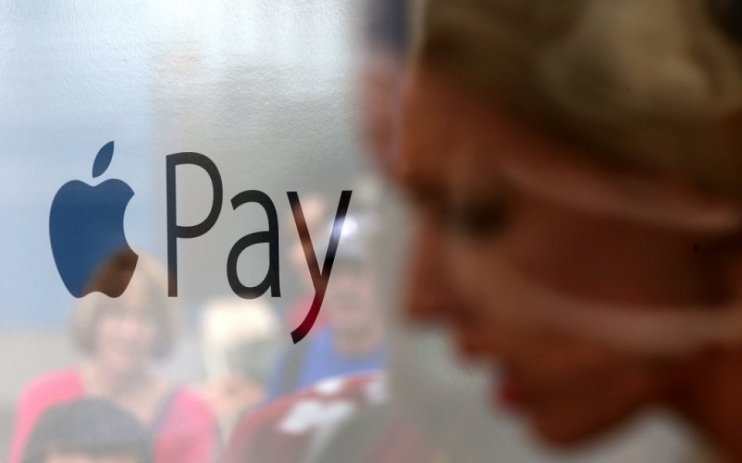South Korea outlaws Google and Apple in-app payment systems

South Korea’s National Assembly has approved legislation that bans app store operators such as Google and Apple from forcing developers to use their in-app payment systems.
South Korea is reportedly the first country in the world to pass such a bill, which becomes law when it is signed by the president, whose party has backed the legislation.
The tech giants have faced widespread criticism over their practice of requiring app developers to use in-app purchasing systems, for which the companies receive commissions of up to 30 per cent.
They say the commissions help pay for the cost of maintaining the app markets.
The legislation prohibits the app market operators from using their monopolies to require such payment systems, which means they must allow alternative ways to pay.
It says the ban is aimed at promoting fairer competition.
The bill aims to prevent any retaliation against developers by banning the companies from imposing any unreasonable delay in approving apps.
Apple criticised the legislation in a statement, saying it will “put users who purchase digital goods from other sources at risk of fraud, undermine their privacy protections, make it difficult to manage their purchases” and make parental controls and other features less effective.
“We believe user trust in App Store purchases will decrease as a result of this legislation” and lead to fewer opportunities for Korean app developers, the company said.
The legislation also allows South Korean authorities to investigate the operations of app markets to uncover disputes and prevent actions that undermine fair competition.
Regulators in Europe, China and some other markets worry about the dominance of Apple, Google and other industry leaders in payments, online advertising and other fields.
Chinese regulators have fined some companies for antimonopoly violations, while other governments are wrestling with how best to keep markets competitive.
The Korea Internet Corporations Association, an industry lobby group that includes South Korea’s largest internet companies including search and online shopping giant Naver, welcomed the passage of the bill, which it said would create healthier competition.
“We hope that the passing of the bill will ensure that the rights of (app) creators and developers are protected and create a fair ecosystem in apps where users will be provided a wider variety of content at cheaper prices,” it said in a statement.
Google said it is considering how to comply with the legislation.
“Google Play provides far more than payment processing, and our service fee helps keep Android free, giving developers the tools and global platform to access billions of consumers around the world,” it said in a statement.
“And just as it costs developers money to build an app, it costs us money to build and maintain an operating system and app store. We’ll reflect on how to comply with this law while maintaining a model that supports a high-quality operating system and app store, and we will share more in the coming weeks,” it said.
In the US, Apple last week announced that it had agreed to let developers of iPhone apps send emails to users about cheaper ways to pay for digital subscriptions and media.
The concession was part of a preliminary settlement of a lawsuit filed on behalf of iPhone app developers in the US.
It also addresses an issue raised by a federal court judge who is expected to rule soon on a separate case brought by Epic Games, maker of the popular video game Fortnite.
The judge wondered why Apple could not allow developers of apps such as Fortnite to display a range of payment options within their apps.
Over the past year, both Google and Apple reduced their in-app commissions from 30% to 15% for developers with less than one million dollars in annual revenue – a move covering most of the apps in their respective stores.
But the lower commissions do not help the largest app makers such as Epic and Spotify, which have taken their complaints around the world.
The European Union’s executive commission has accused Apple of distorting competition by forcing developers to use its payment system as well as forbidding them from letting users know about cheaper ways to pay for subscriptions that do not involve going through an app.
Dozens of US states filed a lawsuit in July taking aim at Google’s store.
Australian regulators, meanwhile, have also said they are concerned about restrictions on in-app purchases that mean developers “have no choice” but to use Apple and Google’s own payment systems, according to an interim report into the dominance issued in April.